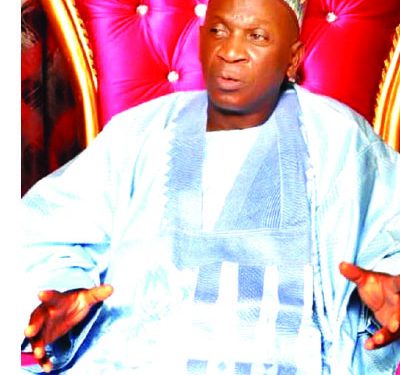Deputy Chairman, Committee on Repositioning PDP in Kaduna State, Dr AbdulRahman Usman, says Kaduna State cannot afford another governor in the mould of the incumbent, Nasir El-Rufai.
Usman accused the governor of lacking empathy for the people, saying that 60,000 Kaduna civil servants have been sacked without due process since his emergence.
He noted that the governor does not believe in equity, fairness and social justice, adding that his approach to governance was increasing insecurity in the volatile state.
The PDP chieftain stated this in an interview published by Saturday Sun.
According to Usman, the committee on repositioning PDP in Kaduna was working to ensure that the right candidate emerged in 2023 to correct the errors of the El-Rufai-led government.
Read Also: My children beat me whenever their mother orders them to – Divorce-seeker tells court
“Any candidate that is going to flag the party in Kaduna in 2023 must, to a large extent be the opposite of Malam Nasir El-Rufai.
“He must be somebody that has empathy for the people. He must be somebody whose governance will be about the people.
“This is important because any government that thinks it exists for itself, family, friends and cronies as we have under the present leadership of Nasir, who does not believe in equity, fairness and social justice, cannot serve the masses.
“Anyone who cannot meet these criteria cannot flag the ticket of PDP. Of course, people can see what Nasir has done. Within six years, he has sacked no fewer than 60,000 civil servants.
“Unfortunately, this systematic sacking of workers as it is has not followed due process. Due process in terms of laid down guidelines on the extant rule of engagement which anybody that wants to downsize should follow.
“Furthermore, the issue of emoluments of these people that are being sacked. I know of people who have been sacked since 2017 and up till now, they are yet to get their retirement benefits and gratuities.
“So, if we do simple minus and on this alone, Malam Nasir has heightened insecurity in the state because we all know the African traditional dependency system whereby one person who is working has between 10 and 15 persons or more who are dependent on him as a source of their survival.
“By the time this is multiplied in terms of those that have been affected in the state, I can assure you we are talking about a million people who have been affected,” Usman said.

